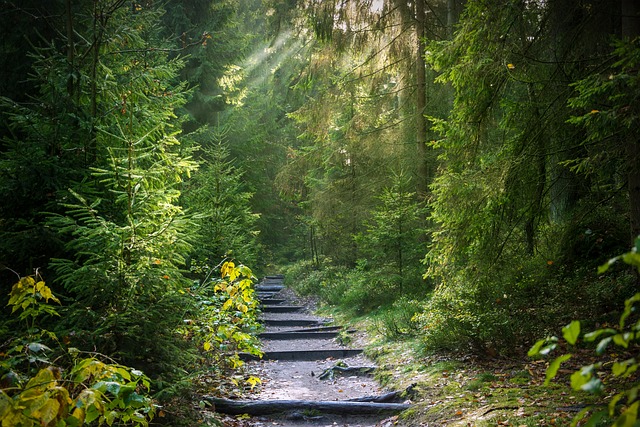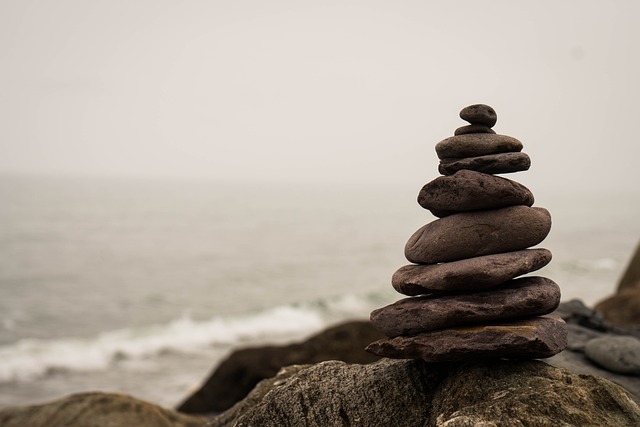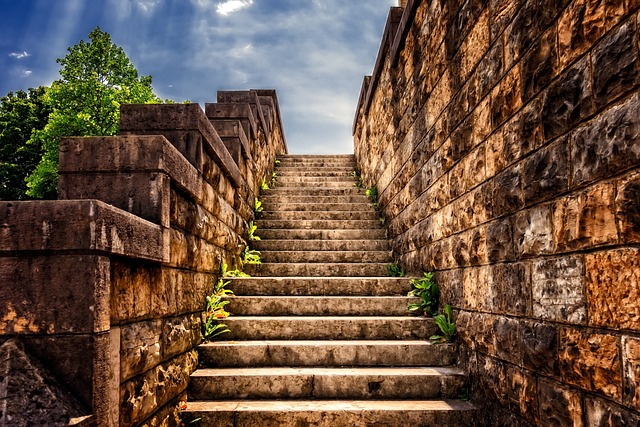
Societal Pressures
We’re all subject to feeling pressured by a society that almost demands continuous expansion of energy. If we are not productive enough and expand our energy toward this goal or that next goal, especially here in the West, inner tension arises. We become our own worst enemy when we fail to meet a certain deadline or manifest a goal we had on a vision board for some time. A lack of patience builds more inner tension and almost constantly puts us in a state of anxiety and restlessness.
We don’t know how to be patient with ourselves or feel enough by simply being; we don’t know how to sit still, and a calm demeanor is always misunderstood or negatively judged. This attitude toward self certainly becomes a habit, and our sense of self is almost always dependent and measured by how our mind defines this productiveness in whatever we do.
In the realm of spirituality, there is this concept of divine timing where patience is indeed a virtue. Our society is now more than ever becoming more open to this marriage of science and spirituality, as was predicted and spoken by many enlightened teachers in the previous century. I came across this concept in my early 20s while attending different circles of thought and various new-age teachings, including schools of yoga. These concepts are becoming more popular now and trending steadily. I’m always shocked to hear so many interesting conversations while taking the subway or even in the least expected places.
Attitudes and Habits
When under so much pressure, there are usually two ways that we deal with it. One is to add to this emotional tension and irritation and to delay and procrastinate. Another is to go after things in leaps and jumps rather than taking our time and being patient in a well and calculated manner. Most of these patterns and attitudes we have picked up from our caretakers since childhood have become a part of our personality. Now, as with everything, there is something good and something that needs adjustment in the attitudes that we adopt, especially if we were raised in a home with high tension all of the time.
These attitudes can sometimes develop into something bigger, and as we embrace the illusion of calling ourselves adults, it is our responsibility to become more aware so that we learn to be more present and happy in the moment. When these attitudes become larger than what we can handle, we often start catastrophizing and lose sight of the solution that is always available to our problems.
Our mind, the biggest critic, will gravitate toward the worst perception of our current circumstances, and we start spiraling toward a negative vortex of thoughts and feelings about ourselves and everything around us. We lose patience and start questioning why and how things have led us to where we are now and almost go through a life review even before leaving this place. A life review before our time can sometimes be a good thing as it can help us plant seeds of hope and success for tomorrow, as long as we don’t wallow in pity or confusion and stay in a constant state of feeling sorry for ourselves and expecting so much more than what we have already contributed.

Facing our Fears | Mastering Patience
Recently, I had a very interesting dream. It was like a scene straight out of a horror movie, which I am not too fond of. There is one genre of film that I refuse to watch, and that is horror. It wasn’t always this way, but I decided long ago that it robs me of way too much energy that I could use constructively or conserve anyway. As far as the dream is concerned, I was in a giant hall of a very large building, almost like inside a cathedral. I was walking down this path when suddenly a carriage pulled by two horses raced by, kicking up a lot of dust in the air.
The path beneath me was unstable and had missing planks. This happened very quickly, and I remember trying to get out of the way so I wouldn’t get hurt. My heart was racing very fast, and it all felt surreal. Suddenly, a bat came after me and bit me in the shoulder. It bit me so hard that I was bleeding, and it hurt a lot. I had to pull the bat’s teeth out of my shoulder and decided to kill it with my bare hands. As I killed the bat, it was disgustingly fluttering its wings in my palms, and as I squished it even harder, it transformed into a rabbit or something similar to a rabbit.
An interesting fact is that when I had this dream, I was in Tulum, Mexico, where bats are very common and fly at eye level like flies or other insects. I never had a particular fear of bats, but during this time in Tulum, I realized I had developed almost a phobia of them. Every time they flew near me, I would scream and feel disgusted. I did my research about bats or what a fear of bats can represent psychologically, and they indeed represent a fear of the dark and the unknown. Anyway, the moral of the story is that, often, phobias we develop in waking life are always a reflection of a larger psychological picture of our internal landscape with emotional tensions, fears, etc.

Avoiding Anxiety and Pessimism | Cultivating Patience
We are all prone to catastrophizing, especially when things get difficult or don’t necessarily go the way we expect them to or need them to. And it doesn’t matter what the nature of our problem is because the psychology behind this internal phenomenon is the same. It is about our habitual response to different challenges and shortcomings. In essence, it is a distorted way of thinking of a current or future situation as a catastrophe. This could be because we have lost someone we love, a job, something we need, an unexpected accident, etc.
We all go through setbacks in life, a painful rejection or some form of failure, and no one is immune to them in one way or another. And that might just be the beauty of living, after all. If everything was always smooth sailing, life would probably be as dull as a flatline on a heart monitor. But when we face failure or some form of setback, we lose patience and tend to think of the worst-case scenario, which leads to more anxiety and depression, although usually, the exact opposite happens.
As humans, we have an internal instinct not only to expect the worst but also to deserve the worst. Our brain imagines a future that is hopeless and threatening to our survival, and full of fear, we begin to see failure everywhere. We think we’ll probably never be able to recover from this horrible situation again. This can often lead to a cycle of self-pity, withdrawal from life, a lack of motivation, and a pattern of depression.
Changing how we think takes work and patience. It takes courage and learning to be kind to ourselves. The antidote to our internal instinct of deserving the worst is obviously the development of our instinct to deserve the best that is possible for us to achieve. It also requires opening ourselves up to face our biggest fears, and once we walk toward them, solutions we never thought possible become available.
When we catastrophize, we are actually trying to cope with our problems by avoiding feelings. We want to protect ourselves by expecting the worst and avoid feeling sad, worried, or whatever the case may be. It feels more comfortable not to try, but it crushes the joy out of life in the long run. Fear as a sustainable source of motivation is not always the way to go. We want to find a functional method that is not self-defeating or self-justifying and catastrophizing.

Accepting Uncertainty and the Unknown
Accepting uncertainty and risk is definitely uncomfortable but a natural part of living life fully, and it takes practice as well as patience. Anxiety and fear are also natural parts of the process, and having enough courage to face our fears doesn’t necessarily mean getting rid of fear; it simply means that something beyond it is more important. Building emotional muscle to get outside our comfort zone is also necessary if we want to embrace positive growth and change.
While we may become more and more negative in the face of different problems that arise outside of us, even the slightest setback, such as a microwave not working, can add to our pessimism and negativity that the world will defeat us. But in the midst of all of these happenings, there is an oasis that dwells within us, and that is consciousness. Even the word itself brings such a relief. Consciousness is the faculty of victory, the power to know, to do, to overcome any obstacle, and to adjust consciously and willingly to the facts of universal law. We all possess the faculty to live in harmony with what we know, to make the necessary changes that align with our vision, and to recognize our faults and correct them.

